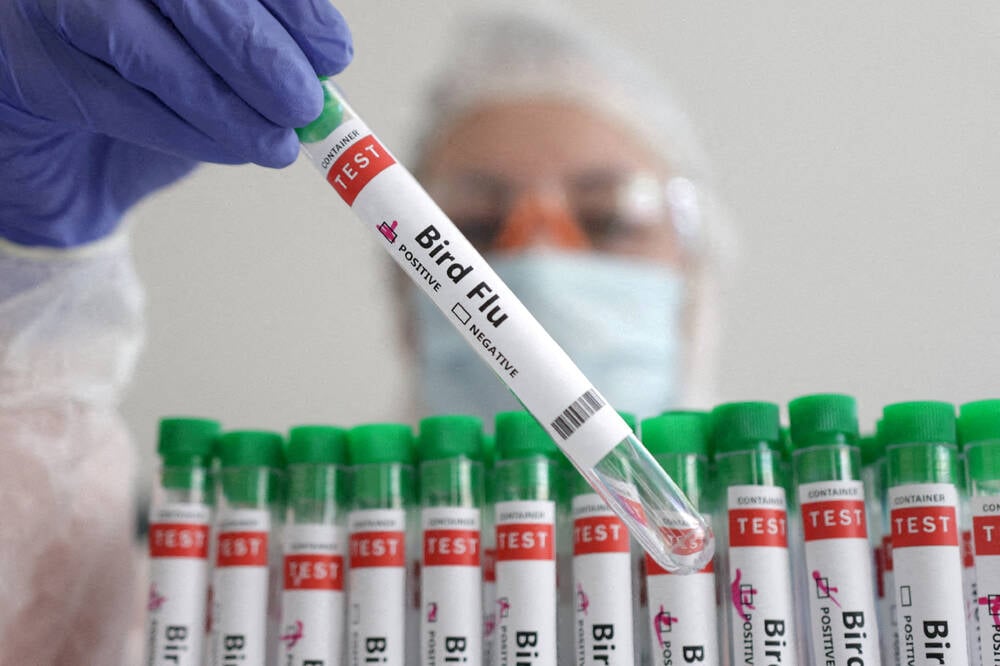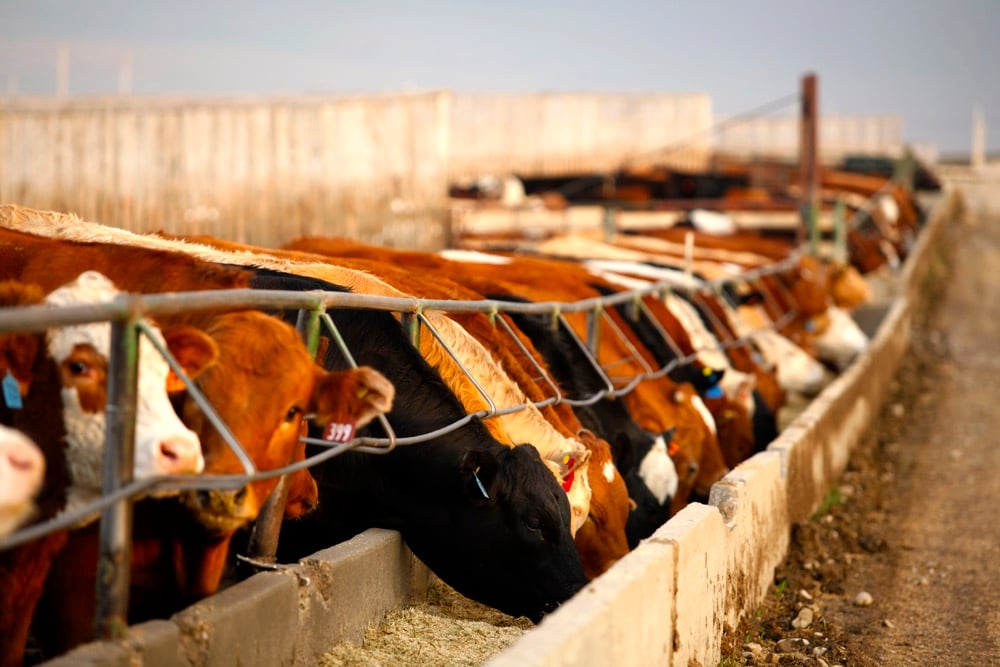Virus in B.C. human bird flu case genetically related to farm strain

Health officials have confirmed that the strain of bird flu that hospitalized a B.C. teenager in critical condition is related to the same virus causing outbreaks in the province’s poultry.
The Public Health Agency of Canada’s (PHAC) National Microbiology Laboratory in Winnipeg verified Nov. 13 that the teen’s illness was caused by the influenza A H5N1 virus. As of Nov. 13, 28 B.C. farm sites were fighting highly pathogenic avian influenza, identified as influenza A H5N1, clade 2.3.4.4b, genotype D1.1.
Read Also


McDonald’s to pay U.S. farmers for feed efficient Enogen corn use
A partnership between McDonald’s and Syngenta in the United States will pay beef producers to use Enogen corn, which will improve the feed efficiency of cattle and reduce greenhouse gas emissions.
The conclusion was drawn using genomic sequencing results.
It’s the first domestically acquired human case of H5N1 avian influenza. The teen was admitted to hospital Nov. 9. Test results showed a presumptive positive infection for H5 highly pathogenic avian influenza, while more accurate tests were sent to Winnipeg for sequencing.
A Public Health Agency of Canada news release reported that B.C. officials are still pursuing a “thorough public investigation” into the case. Contact tracing and testing is ongoing, and known contacts have been offered antiviral medication to prevent infection and contain any potential spread.
It’s not yet know how the teenager contracted the virus. The youth reportedly had no contact with farm animals, but had been exposed to dogs and cats, both of which have been known to contract avian flu.
Nation-wide, Canada has 31 active poultry infections, the vast majority of which are in B.C., with hot spots around Abbotsford and Chilliwack. A commercial poultry farm and small-scale flock have also fallen prey in Alberta, as has a commercial poultry operation in Saskatchewan.
Since the start of North America’s string of outbreaks in late 2021, the Canadian Food Inspection Agency says just under 11.9 million domestic birds have been impacted, either by infection or culls.
Officials maintain that, based on current evidence, the risk of avian influenza infection for the general public is low, although those who have unprotected exposure to infected animals are more at risk.
“Our thoughts are with this individual and their family, as well as the health workers who are engaged in their care at this difficult time,”said Theresa Tam, Canada’s chief public health officer. “The Public Health Agency of Canada is working with our human and animal health partners to swiftly investigate and respond to this case.”
She added that the detection of the case, which was flagged through Canada’s hospital-based influenza surveillance procedures, should inspire confidence that the system is set up to catch bird flu infections.
“We must continue to remain vigilant in our efforts to prevent the spread of avian influenza between animals and to humans,” she said.
Source: Farmtario.com

